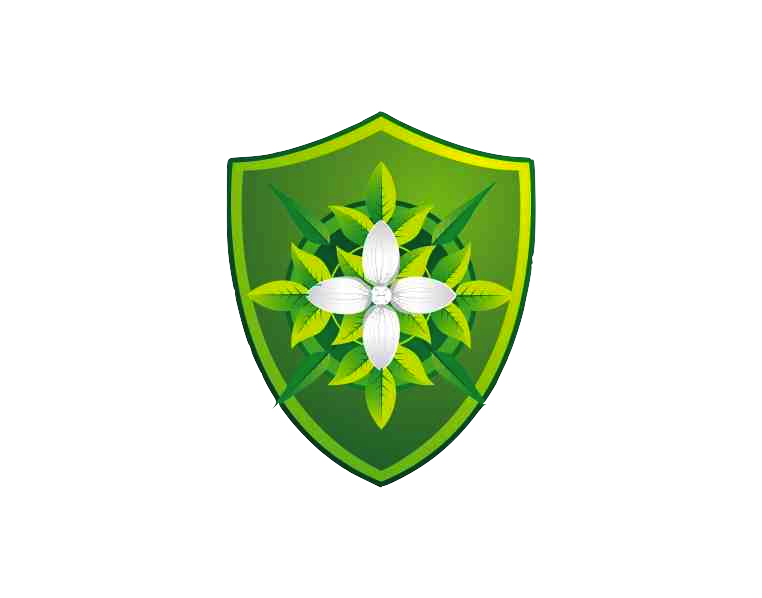Simply put - a large majority of schools in the Global South lack sufficient textbooks, which represents a critical challenge but also a tremendous opportunity for transformative change through blended learning. Implementing this model can effectively bridge the gap between the scarcity of physical educational resources and the growing availability of digital solutions. Here’s how this could be achieved:
Bringing stewardship into your school
The concept of stewardship, as discussed by Peter Block in his work on organizational leadership and community, emphasizes service over self-interest and collective decision-making over top-down authority. Applying these principles to serve teachers in a school setting can lead to a more empowered and engaged faculty. Here are several strategies based on the stewardship approach that can help serve teachers effectively…
Unleashing the Artist Within - Empowering Teachers to Transform Education
In every great school lies the heart and soul of its success—the teachers. These educators are not mere conveyors of knowledge but artists in their own right, who sculpt the future with every lesson they deliver. But do we truly value their artistry? Do we place them, unequivocally, at the center of our educational ecosystem?
Just as an artist transforms a blank canvas into a masterpiece, so too can a teacher transform a classroom. With the right tools, their creativity knows no bounds; with limited resources, their ingenuity still shines. The question we must ask ourselves is not whether our teachers can create magic with two colors of paint, but what could they achieve with a thousand?
Connecting Servant Leadership and Stewardship to Sustainability in the High School Classroom
Introducing high school students to the concepts and vision of servant leadership and stewardship can have a profound impact on their personal development and their approach to sustainability. The principles outlined in Peter Block's book "Stewardship: Choosing Service Over Self-Interest" can serve as a valuable framework for this educational effort.
WARNING! The Limits of ChatGPT in Education: The Case for Vetted Resources
As artificial intelligence continues to integrate into educational settings, tools like ChatGPT present innovative opportunities to enhance teaching and learning. While these AI models can generate content instantly, their integration into academic environments is not without significant risks, particularly when compared to structured and vetted resources such as the Lincoln Content Bank.
Love and the power of love are deeply connected with teaching children about sustainability in several ways...
Love empowers children to believe that they can make a positive difference. When children feel loved and supported, they are more likely to feel confident in their ability to effect change. Teaching sustainability with an emphasis on love can empower children to become active participants in creating a better future.
Embedding sustainability in the curriculum nurtures informed, ethical, and proactive global citizens...
A foundation of sustainability supports a curriculum designed to help students become global citizens in several key ways. It equips students with the awareness, skills, and values necessary to contribute to a more sustainable and just world, fostering a sense of global responsibility and interconnectedness.
Sari's Journey: From Textbook-less to Trailblazer
In the heart of Jakarta's sprawling urban slum, Sari attended a modest local school that lacked even the most basic resources. Textbooks were shared and tattered, and classrooms were overcrowded and underfunded. Despite these conditions, Sari’s curiosity was boundless. Her parents, though struggling financially, encouraged her thirst for knowledge, telling her stories of educated individuals who transformed their lives through learning.
Imagine a student named Sari...
Imagine a student named Sari, a bright girl living in an urban slum in Jakarta, Indonesia. Sari has recently gained access to world-class digital educational materials, transforming not only her academic life but also having profound ripple effects on her family, community, and potentially, her country…

